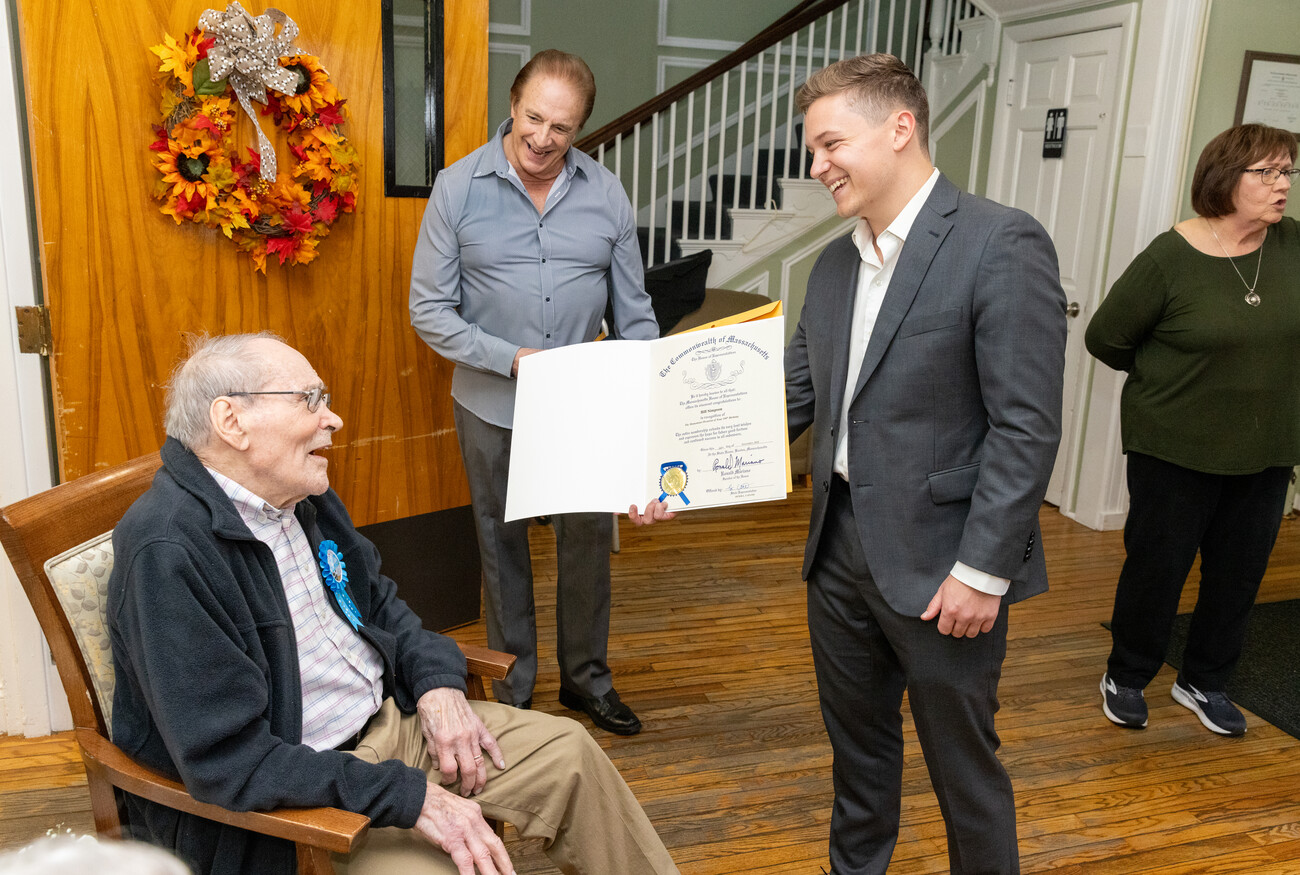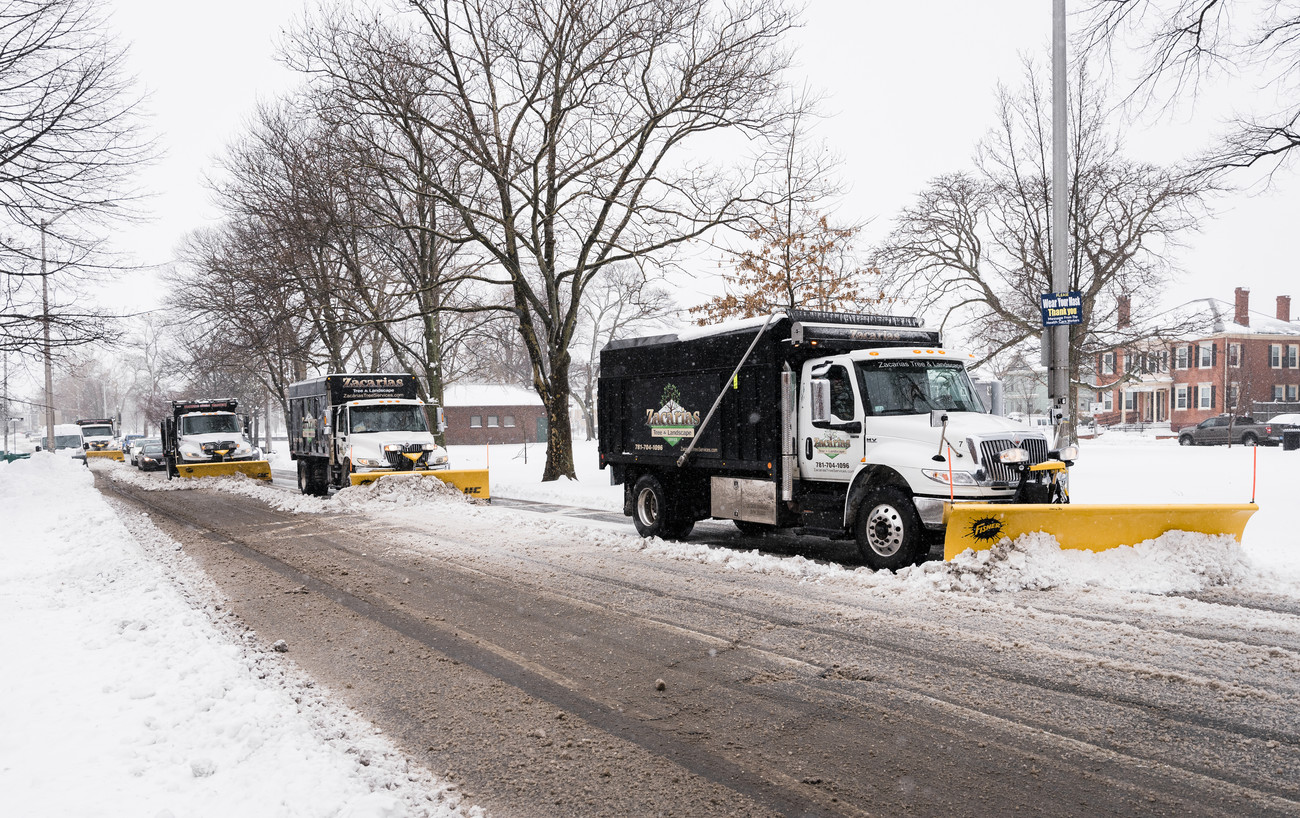
Cancer can be a difficult and overwhelming diagnosis, and if you have cancer or are undergoing cancer treatment, your top priority is to get healthy. After your cancer diagnosis, there are many new things you might need to learn and manage. The Centers for Disease Control and Prevention and the National Blood Clot Alliance want you to protect your health by understanding your risk for dangerous blood clots, because cancer and some cancer treatments can increase your risk for blood clots. About 900,000 people each year are affected by blood clots, and about one in five of these blood clots are associated with cancer.
The risk for a blood clot is greatest in the first few months after cancer is diagnosed. Some cancers pose a greater risk for blood clots, including cancers involving the pancreas, stomach, brain, lung, uterus, ovaries and kidneys, as well as blood cancers such as lymphoma and myeloma. The higher your cancer stage, the greater your risk for a blood clot. The type of cancer treatment you receive may increase your risk for blood clots too. Treatments involving hospitalization, surgery, chemotherapy, hormonal therapy, catheters placed in your veins, and some other therapies can increase your blood clot risk.
Know the Signs and Symptoms of a Blood Clot
Blood clots occur most often in the legs or arms, and symptoms include
* Swelling.
* Pain or tenderness not caused by an injury.
* Skin that may be warm to the touch, red, or discolored.
Blood clots in your legs or arms can travel to your lungs, which can be deadly. Symptoms of blood clots in your lungs include:
* Difficulty breathing.
* Chest pain that worsens with a deep breath.
* Coughing up blood.
* Faster than normal or irregular heartbeat.
Contact your cancer doctor immediately if you experience any blood clot symptoms.
A Plan to Protect Your Health
As you take steps to preserve your health, make blood clot awareness part of your care.
* Know your risks for blood clots, and discuss these risks with your cancer doctor.
* Stay alert for any signs or symptoms of blood clots after surgery or treatment in an outpatient clinic. Contact your cancer doctor right away if you experience any of these signs or symptoms.
* Work with your cancer doctor and make a plan to protect yourself against blood clots that is specific to your personal medical history and treatment.
24World Media does not take any responsibility of the information you see on this page. The content this page contains is from independent third-party content provider. If you have any concerns regarding the content, please free to write us here: contact@24worldmedia.com

Lynn Classical senior walks the red carpet

Shribman: Lost in the circus acts, Putin’s declaration chills

Police Logs 11/23/24 – Itemlive

Swampscott schools keep an eye on student enrollment

Peabody man arraigned in Lynn drive-by shooting

Nahant reverend celebrates 100 years

Family of four needs Santa’s help

Rain a double-edged sword in Saugus

Lynn prepares for winter weather

Virginia Doris Bayles – The Suffolk Times

Jeanette P. Howard – The Suffolk Times

Marblehead teachers’ strike has its critics